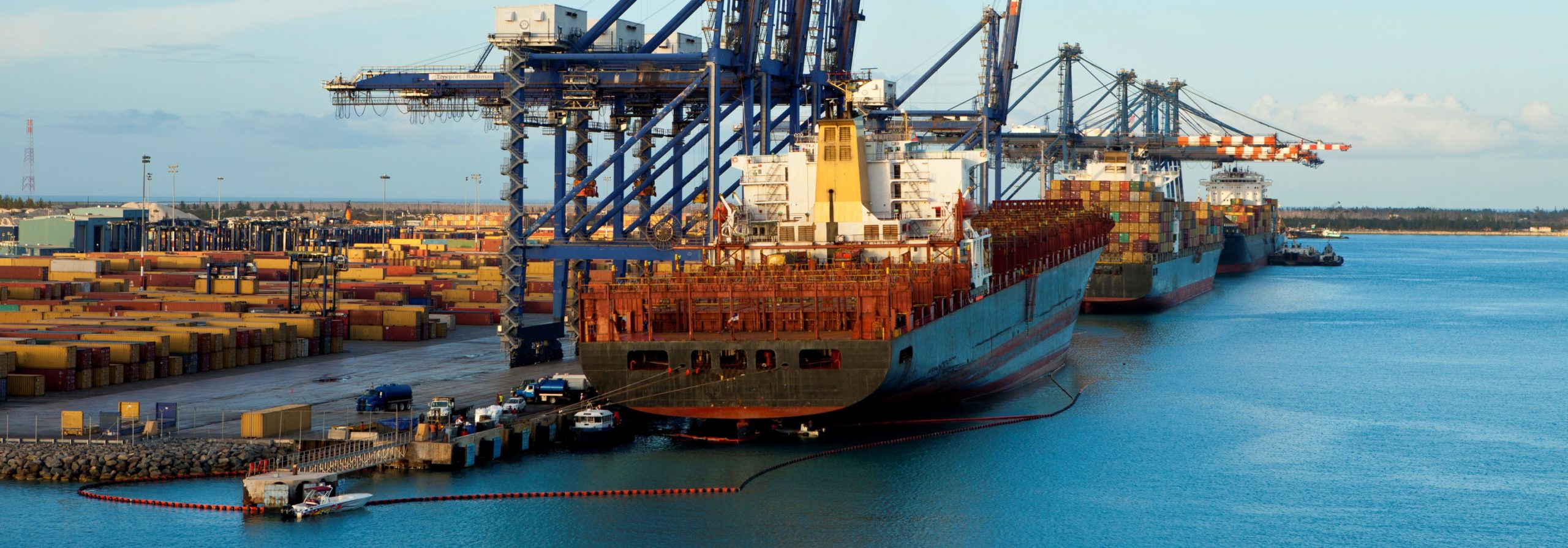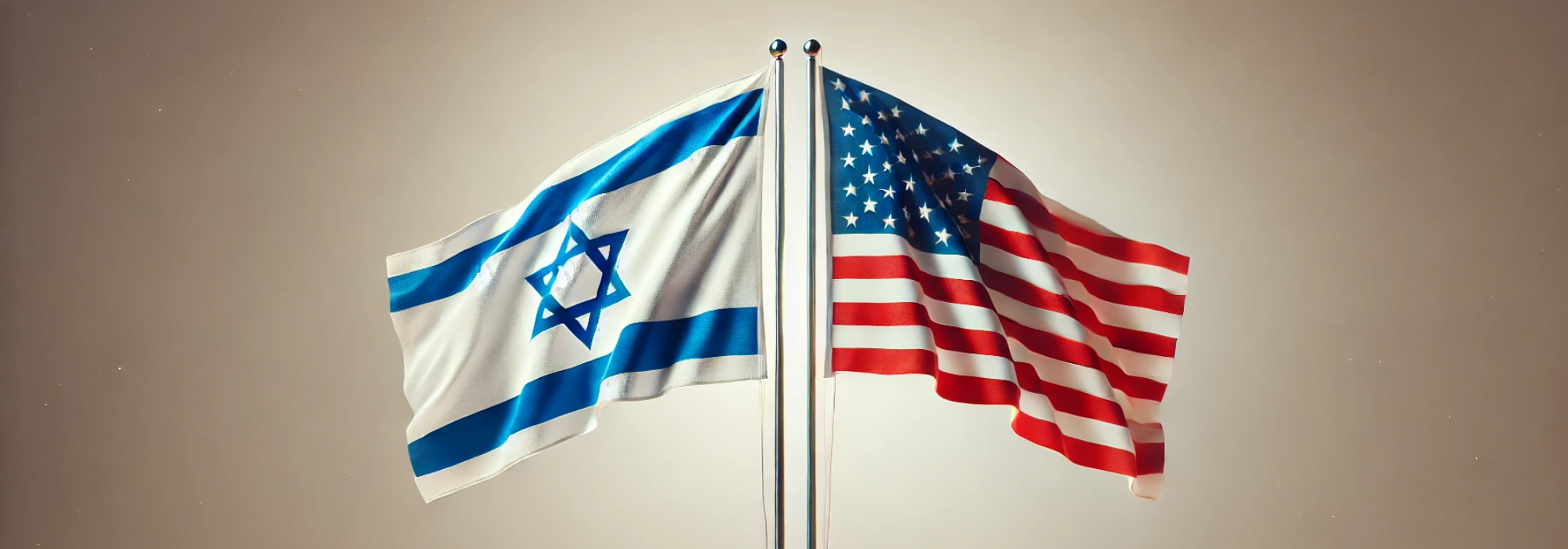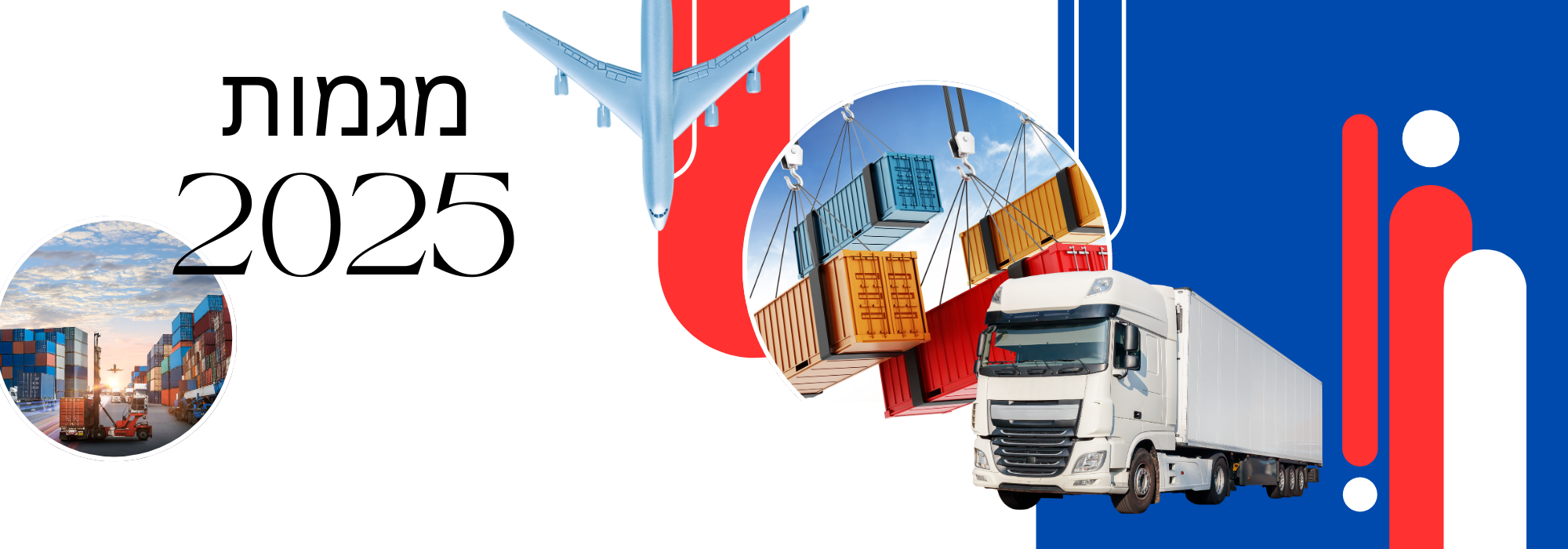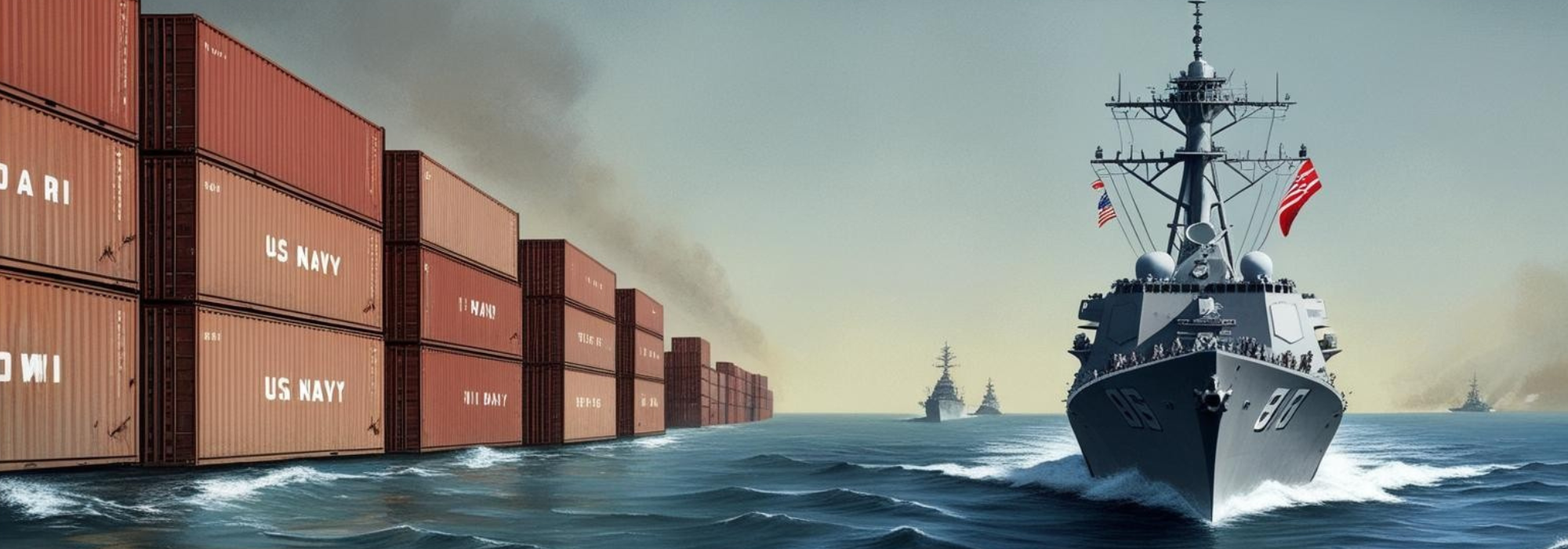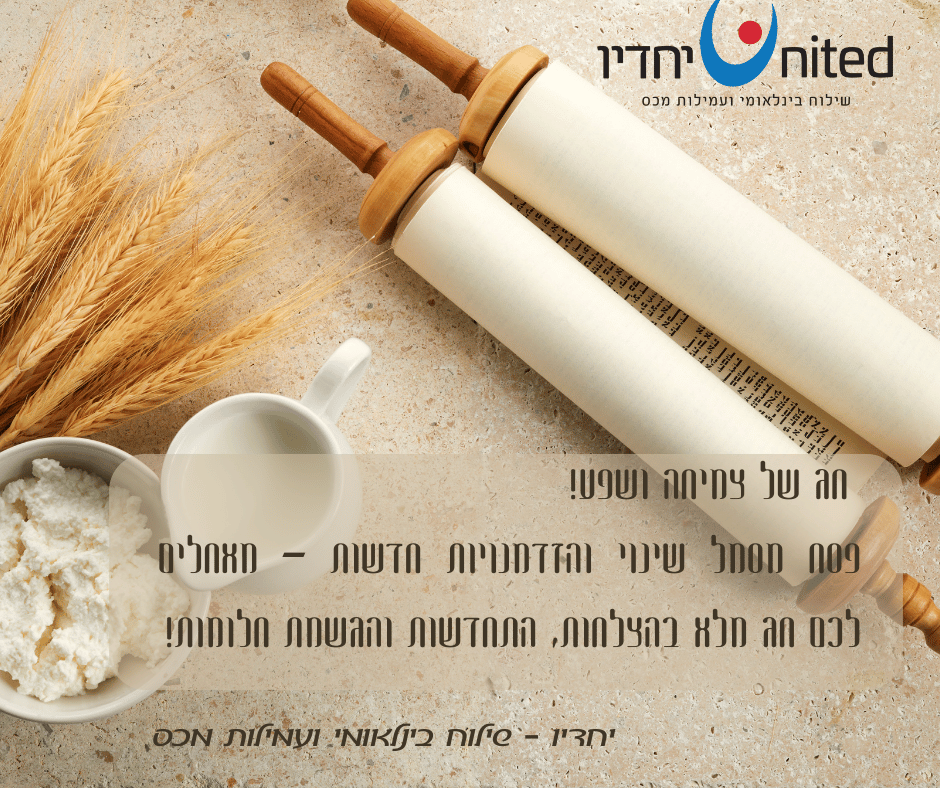
Import Exemptions and Mitigations
In specific cases it is possible to obtain an exemptions from import license, approval or permit. This does not apply, of course, to goods prohibited for import pursuant the Customs Tariff Order.
Granting an exemption pursuant article 2(c)2 of the Free Import Order
The Ministry of Economy and Industry’s Director General has determined the causes and terms for receiving an exemption. The exemption pertains to the obligation to present a license as specified in Schedule 1, and from meeting the requirements specified in Schedule 2 (labeling in Hebrew and standard-mark).
This service is regulated by Director General Directive 2.6. Applications can be submitted by an online form in the Ministry’s website, and will be sent to the relevant entity pursuant the Directive.
Exemption from Hebrew Labeling
An exemption from the obligation to label in Hebrew pursuant the Consumer Protection Order (Labeling of Goods), 5743-1983 is considered an exemption from meeting the terms of the Free Import Order (the requirement is specified in the Order).
Clothing and Textile – the goods must be labeled in Hebrew before import pursuant the Consumer Protection Order (Labeling of Goods), 5743-1983. However, there is a procedure enabling labeling at the importer’s warehouse. To comply with this procedure (Edition B-72), please contact the Ministry of Economy.
Note: safety clothing must comply with the applicable standard.
Exemption applications may be submitted via an online form according to Director General Directive 2.6 – Granting an exemption pursuant article 2(c)2 of the Free Import Order (cause 5-12).
Customs Tariff Exemption – Edition B 381
An exemption from customs tariff is applicable to some goods intended for industrial use. Applications apply according to the product’s classification in the Customs Tariff Order, which stipulates that an approval of the Ministry of Economy’s Director General is required for receiving an exemption.
Quotas for import of processed food products with a tariff exemption or a reduced tariff
Israel has bilateral free trade area agreements with various countries, in which tariffs on trade in goods have been removed. Tariffs are still applicable to food and agriculture products. However, as part of an annual quota specified in the bilateral agreements with each country, some of the goods can be imported with a tariff exemption or a reduced tariff. Importing within a quota for tariff exemption or reduced tariff is contingent on obtaining a license.
More related articles...


The Impact of Geo-Economic Escalation on Israeli Exports: In-Depth Analysis and Critical Actions
Introduction The trade war between the United States and China is intensifying—and its effects are reaching far beyond Asia. In recent months, the U.S. government
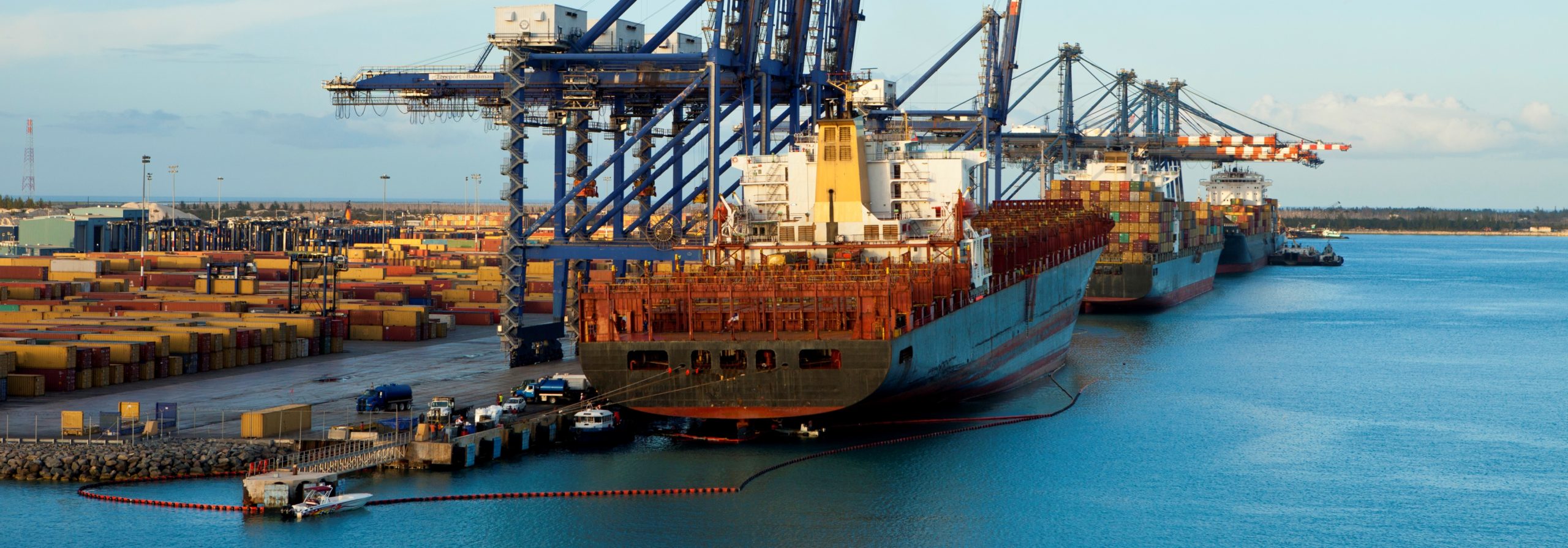

Container Exports – Important Information
The global trade market significantly relies on containers—giant metal boxes that allow for the safe and efficient transport of cargo worldwide. When discussing the export


Common Import Pitfalls – How to Avoid Surprises at Customs?
Introduction The world of importing is one of the most fascinating and dynamic fields in the global economy. As the world becomes more interconnected and
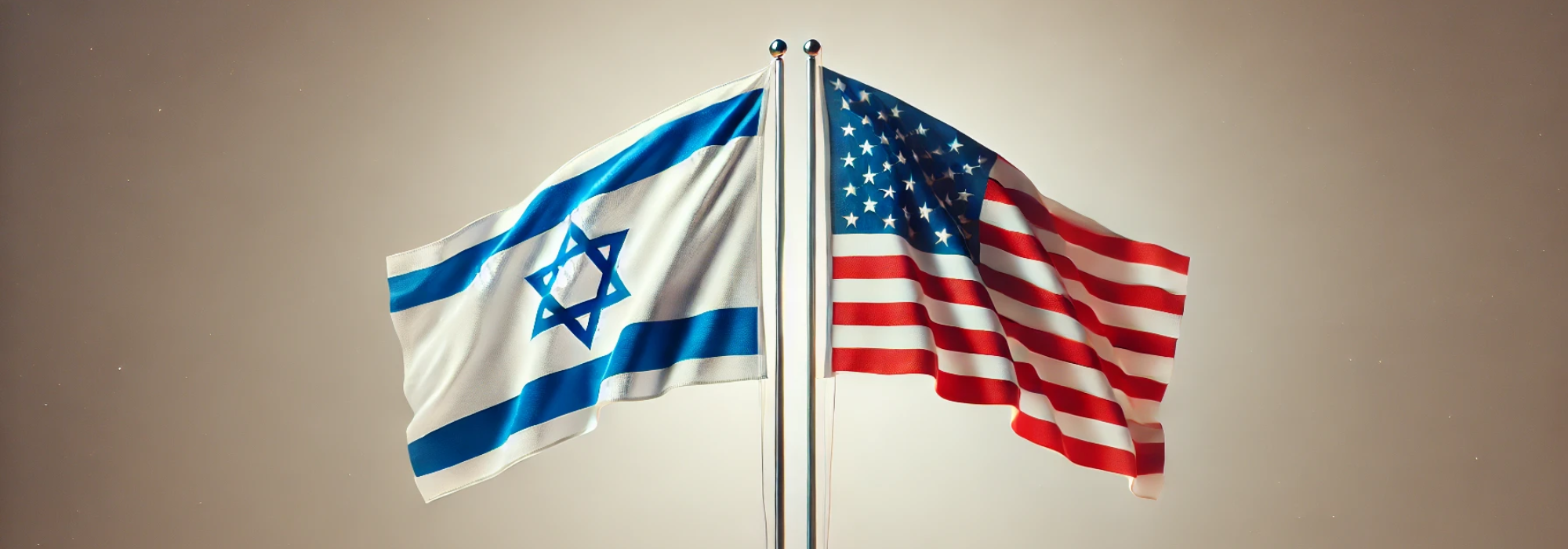

The “What’s Good for Europe is Good for Israel” Reform Expands to the U.S.
The “What’s Good for Europe is Good for Israel” reform was approved by the Knesset with the aim of facilitating the import of products to
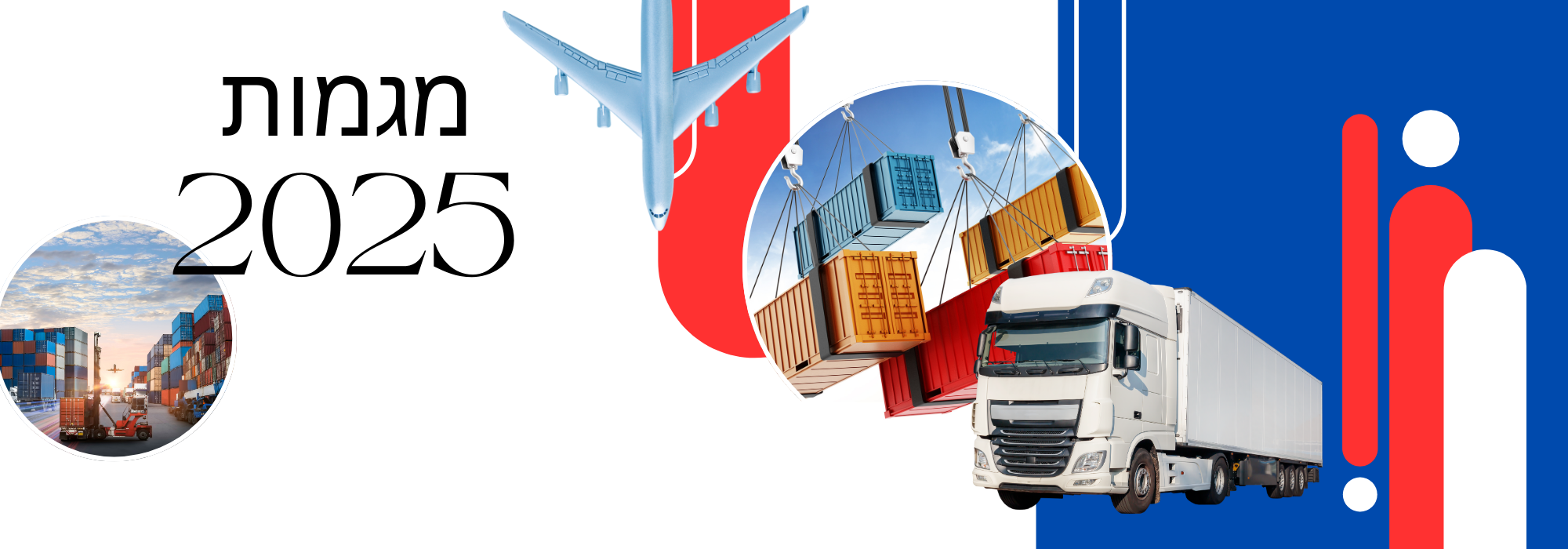

New Trends in Import, Export, Customs Clearance 2025
Below is a current overview of the trends and news affecting the fields of import, export, customs brokerage, and international shipping, with a look towards


Current Trends in International Trade and Their Impact on Local Businesses
Introduction – The Impact of Globalization on International Trade and Local Businesses International trade has undergone dramatic changes in recent decades, with globalization turning the



